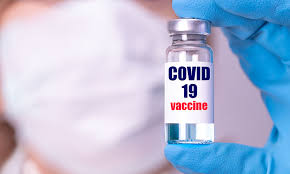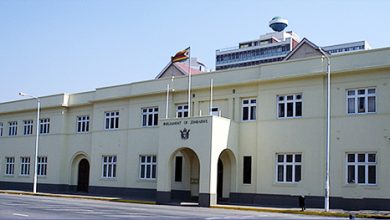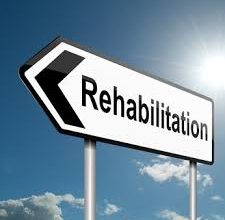
When Finance Minister Mthuli Ncube wrote to international financiers asking for a bailout at the onset of the Covid-19 pandemic and lockdown measures in Zimbabwe his fears were real.
Zimbabwe’s economy then reeling under runaway annual inflation, corruption and hunger had no hope.
It was one of those which United Nations Conference on Trade and Development (UNCTAD)’s Associate Economic Affairs Officer Division for Africa, Grace Gondwe said would contract by close to 8% “a result of export adjustments affecting primary commodity exporters, and the attendant losses to tax revenue which reduce the capacity of government to extend public services necessary to respond to the crisis.”
After months of uncertainty, retrenchments and total shutdown of businesses, Zimbabwe started relaxing lockdown terms in December 2020. There was a lockdown but no one really enforced it.
The ripple effects were felt when there was a surge in infections and deaths at the beginning of the “second wave” in January forcing the country into another painful but necessary lockdown to save lives at the expense of the economy.
This week, President Emmerson Mnangagwa reopened the economy but the past two months have been unbearable for businesses and they wished for no further extensions.
One company that has openly spoken about the past two months is Edgars Stores. The company said the latest lockdown denied them “two months of normal trading.”
Regular sales went down by 36.5% while its Jet division saw a 29% fall. Workers at Edgars revealed on condition of anonymity that there was even a slight delay in salaries in January.
Stevenson Dlamani, an economist with the National University of Science and Technology (NUST) told CITE that lockdowns are not the answer for the business sector.
Everything lies with vaccinations because that would result in the full throttle opening of the economy.
“How do you make money when everyone is at home? The President has relaxed terms but there are other industries like food and beverages where businesses such as nightclubs are totally shut down, restaurants only operating at around 45% capacity. There’s no other way than to address vaccinations and we go back to normal,” he said.
As a result of the first lockdown (March 2020), Simbisa Brands whose flagship is the Chicken Inn brand for the period, March to June 2020, sales dropped by 33.7%.
“If a Zimbabwe Stock Exchange listed firm like Simbisa Brands which used to post about US$20 million per quarter in profits is feeling the pinch what of SMEs?”, added Dlamini.
A recently released report by the Confederation of Zimbabwe Industries (CZI) reveals that companies in the manufacturing sector are keen on spearheading vaccination of their employees.
“Employers are willing to pay for the vaccination of their employees and their immediate families including spouses (21863 employees and 39 986 immediate families including spouses) The total number of people that are going to be covered is 61 849,” the report says.
In January, the government went on a drive to raise US$100 million for procurement of vaccines and pleaded with the private sector to chip in.
But because of costs and lost revenue due to the Covid-19 pandemic and lockdown companies are working on different strategies to strike a balance in vaccinating their workers and cost cutting.
“76% of the surveyed companies highlighted that they will cover employees and their immediate families, and 24% will only cover employees and their spouses,” the report added.
President Emmerson Mnangagwa on Monday emphasized that vaccine roll out by companies should be free.
The manufacturing sector employs 80,000-100,000 people and contributes 9-11% of exports and 12-14% of GDP in Zimbabwe.
Therefore, vaccination will be a key enabler for factory environments.





